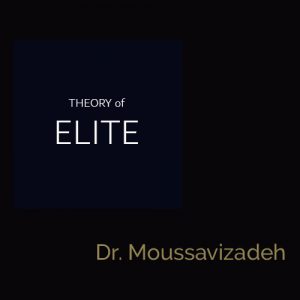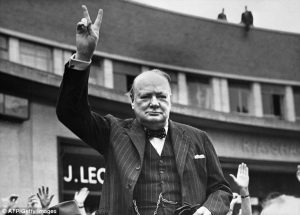Power, and Elite Theories
The primary target of education is to incorporate new generations into society. Political power never takes this duty over completely. Even in the most totalitarian regimes the family exercises considerable influence over a child’s first years. Thereafter, the social environment and friendships with others give a very significant education. Nevertheless, political power often plays an important part in education. This participation is very much oriented towards integration. In modern society there are different ways which integration through education can be assumed.
The main aim of education is to transmit to new generations all the experience of civilization developed by previous generations since as we noted earlier: “This kind of learning is not transmitted biologically. The elements in a civilization are so numerous and so complex that choices have to be made to render them capable of assimilation through education. These choices, which depend to a great extent on political power, are extremely important”.23 This is because they condition the technical development of society; if the educational system is not goad, or if it does not transmit the basic elements of civilization, there is a possibility of stagnation or regression. Any education which is “strongly oriented towards material techniques and an immediate professional education, one that does not attach much importance to general education, discourages the development of critical thinking and favours conservatism. But, on the other hand, an education, which – without neglecting technical and professional skill – emphasises general culture will result in producing less conformity and more originality”.24 Therefore, the choices should be made after having taken into account what influence they may have on political behavior.
The political authority also provides a civic education. It constitutes first-hand instruction in the social ties that hold the individual with the community, and the resulting duties. Education in civics contains more than just teaching about the human unities, and the tasks of citizenship; it continues further than the courses and text books officially prepared for ‘civic education as a subject matter in the curriculum. Civic education however, “is the product of many other areas of learning – literature, ethics, philosophy, geography, and especially history. It always implies taking a position on fundamental systems of value. In a society in which there is a consensus in the subject of legitimacy, no problem occurs”.25 On the other hand, if conflict of opinion arises about legitimacy problems no doubt will emerge, and civic education will become partisan rather than national. This is because it presents a picture of society that is not shared by everybody. It then becomes more divisive than unifying.
To resort to the police, the military, prison, and executioners is irrelevant in the modern world. The term military refers to the capacity, to kill, maim, coerce and destroy, and although occasionally this power may be possessed by individuals within the state – as the feudal barons possessed it during the Middle Ages and as the IRA possesses it today – nowadays military power tends to be used primarily by governments to protect their countries from external aggression only. Internally it is propaganda which governments use instead. This is simply because, democratically elected governments feel uneasy about military power for at least two reasons. First, because it is so incredibly expensive that its acquisition is bound to be unpopular with the electorate, particularly during a period of prolonged peace. In modern welfare orientated societies there is a tendency to see the acquisition of military power as a misallocation of resources.



